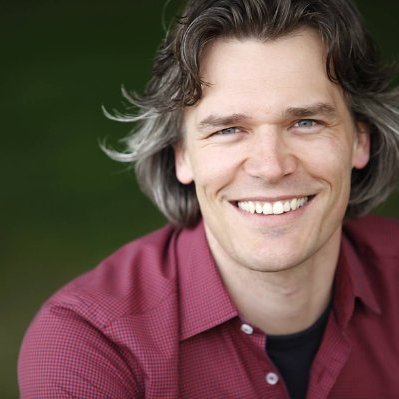Blog
The risks of not getting enough sleep
Their findings are based on an ever-increasing flow of scientific research which shows that even a single night of disturbed sleep can have a significant effect: a normal, healthy person may start to show physical similarities to a patient suffering from a serious heart condition or a long-term diabetic. Mental effect The effects are not only physical: our mental performance also suffers from a lack of sleep. In 2003, Professor van Dongen and his colleagues published a paper in the American journal 'Sleep' demonstrating that even a relatively minor lack of sleep could have a serious effect on concentration levels. Over the course of two weeks, the researchers studied three groups of participants who slept for four, six or eight hours per night, and a fourth group of participants who didn't sleep at all for three consecutive nights. After a week, the performance of the participants with shorter nights (four and six hours) was just as bad as that of the participants who had been deprived of any sleep for two nights. There was only one difference: the people with shorter nights didn't realize they weren't functioning as well, and insisted that they were not sleepy.

Our lifestyle has changed When we're not getting enough sleep in the long term, we can no longer rely on our own judgment. We stop being aware of the fact that physical and mental problems could be a consequence of something that can, in most cases, be resolved easily and without any medication: we simply need to get more sleep. Still, it seems to be impossible to go to bed on time and to get more than seven hours of sleep, especially on weekdays. Where did this collective lack of sleep come from? Our changed lifestyles should take much of the blame. We've got busy private lives, suffer from stress at work, and are working longer hours. When we finally do get to bed, we spend too much time staring at our smartphones. And that's without considering the fact that we're less physically active but eating more, meaning we're becoming increasingly obese. People suffering from obesity are at an increased risk of sleep apnea, which is a condition where breathing stops for twenty or thirty seconds due to a blockage of the airways. These pauses in breathing reduce the oxygen level in the body, which in turn sends a signal to the brain to wake up so normal breathing can resume. As a result, a sleep apnea sufferer might wake up dozens of times in the night, without being conscious of the fact. They will wake up in the morning feeling exhausted, but won't think they've had too little sleep. Healthy sleeping means healthy living Before we can sleep better, we must acknowledge that our lifestyles have changed, with negative consequences for our sleep and our health. Luckily, sleep is getting more and more attention in the media. In addition, there is an increasing number of products on the market to help us improve our sleep. The subject of sleep is nothing new for Philips: the company has been developing products for a better night's sleep for years, and continues to research innovative solutions for people with sleep deficiencies. For example, more and more people around the world are using our sleeping masks to help with their sleep apnea. Everyone needs a healthy night's sleep lasting at least seven hours. Getting too little sleep is not clever—and it certainly shouldn't be seen as a desirable quality to develop. It certainly doesn't have any positive effects on your productivity. It's about time we started valuing our rest time again. It won't take you long to realize: a good night's sleep will lead to a healthier life.

